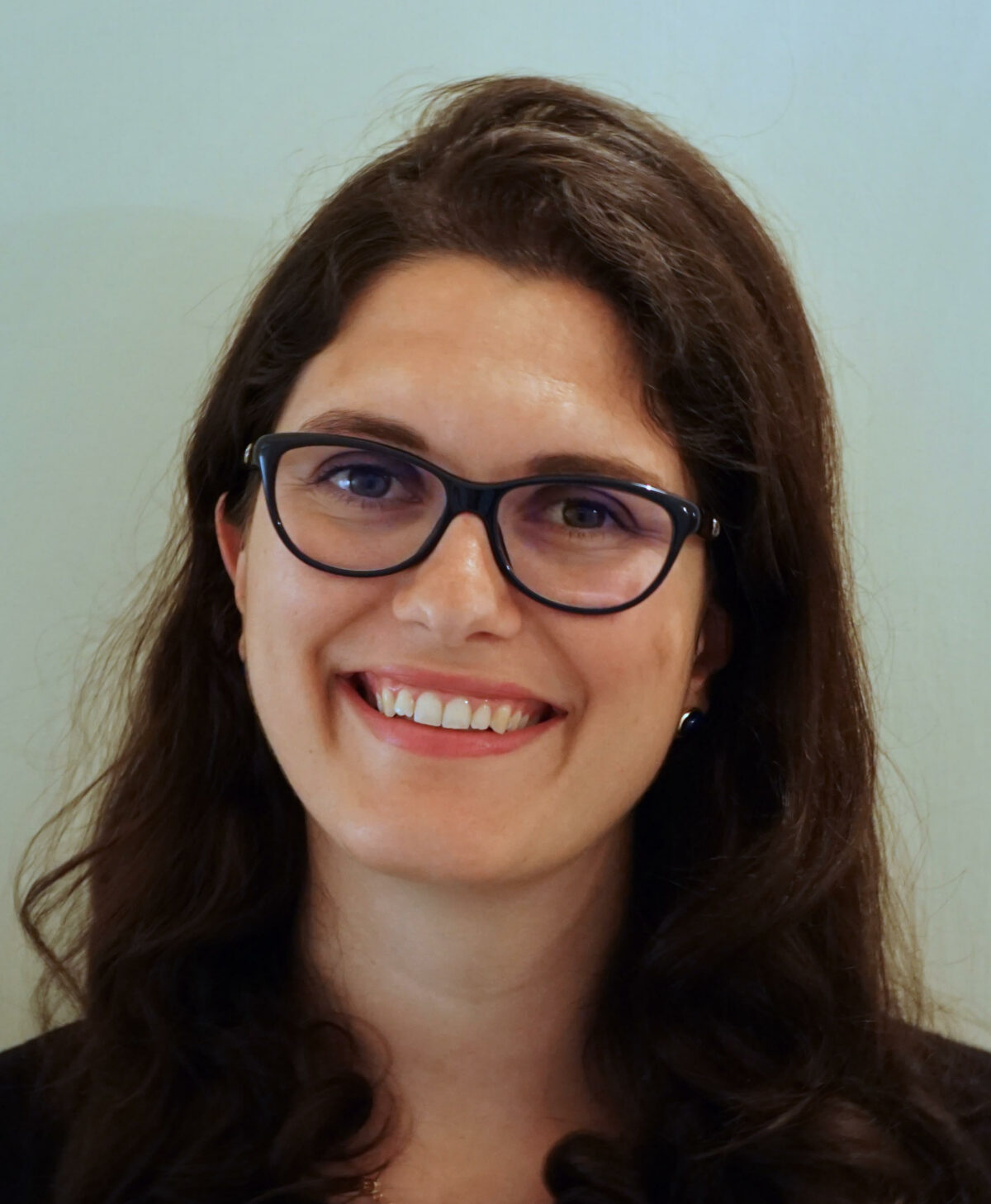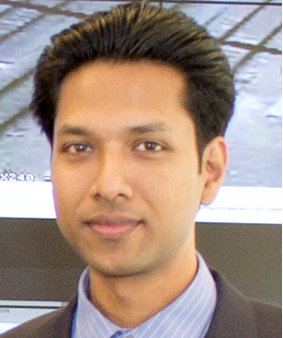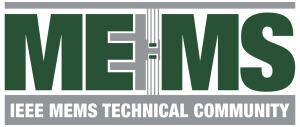Sara Moccia (MSc 2014, PhD 2018) is Assistant Professor in Bioengineering at the BioRobotics Institute and Department of Excellence in Robotics & AI of Scuola Superiore Sant’Anna (Italy), where she coordinates the Artificial Intelligence for Medical Image Analysis (AI-MIA) laboratory. Sara received both MSc and PhD in Bioengineering cum laude, from Politecnico di Milano (Italy) and Istituto Italiano di Tecnologia (Italy). During the PhD, she was hosted at the German Cancer Research Center (Germany). From 2018 to 2020, she was postdoc researcher at Università Politecnica delle Marche (Italy) and affiliated researcher at University of Minho (Portugal). She has a consolidated track record on medical images analysis, with more than 40 publications in international journals. The mission that drives Sara’s research is to improve the quality of healthcare in a data-driven manner. Her research goal is to support physicians throughout the entire process of care, from diagnosis to therapy and follow-up, through AI methodologies.
Organizer Type: Track Chair
Dr. Cristian Manzoni got in 2006 his PhD in Physics at the Physics department of Politecnico di Milano. In 2009-2010 he was visiting scientist at the Max Planck research group for structural dynamics (CFEL, Desy, Hamburg). Since 2010 he is at the Institute for Photonics and Nanotechnologies of the Italian National Research Council (IFN-CNR), where he is now Senior Researcher. He is also a contract professor of Physics at Politecnico di Milano.
His research activity focuses on the development of ultrabroadband parametric amplifiers for the generation of few-cycle light pulses in the ultraviolet, visible and infrared spectral range. The research also involves the characterization of light pulses and their manipulation, for applications in time-resolved spectroscopy of organic and inorganic systems, and for the study of femtochemical reactions. Spectroscopic characterizations involve Pump-probe, 2D spectroscopy and Raman-induced processes at femtosecond time-scales. Recently, he focused on Fourier-transform hyperspectral imaging and microscopy in the visible and infrared spectral range, and on their coupling to ultrafast science, for applications in remote and environmental sensing, conservation science, security and medical imaging.
Boby George received the M. Tech., and Ph. D. degrees from Indian Institute of Technology (IIT) Madras, India. He was a Postdoctoral Fellow with the Institute of Electrical Measurement and Measurement Signal Processing, TU Graz, Austria, from 2007 to 2010. He joined the Department of Electrical Engineering, IIT Madras, in 2010. Currently, he is a Professor there.
He is an Associate Editor for IEEE Sensors Journal, IEEE Transactions on Instrumentation and Measurement, and IEEE Transactions on Industrial Electronics. His research interests and experience include development of novel sensor systems, interface circuits and electronic instrumentation.
Dr. Zhang is a Professor of the Department of Mechanical Engineering at the University of North Texas (Denton, TX). He received his B.S. in Engineering Mechanics from Hunan University, Changsha, China in 1997, his M.S. degree in Solid Mechanics from Northwestern Polytechnical University, Xian, China, in 2001, and his Ph.D. degree in Engineering Mechanics from University of Nebraska (Lincoln, NE) in 2007. He then worked as a postdoctoral researcher in Ohio State University’s Department of Material Science and Engineering in 2008. His research interests include innovative piezoelectric sensing devices for applications in advanced manufacturing, oil and gas exploration, and nuclear power plant monitoring; structural health monitoring and nondestructive test methods. He is a technical committee member of ASME Adaptive Structures & Materials Systems Branch.
Since my joining the Electrical Engineering Department, Jamia Millia Islamia, a Central University (NIRF Rank 10) in 1998, I have devoted myself for excellence in teaching, research, scholarship and service. With the help of my scholarly innovative and high-quality research, I establish myself nationally and intentionally. I am one of the most efficient and diligent mid carrier researcher in the field of sensors and Instrumentation as can be seen from my publication record. I have a strong track records in the field of capacitive sensors, conductive sensors, surface acoustics wave sensors for different transduction applications including moisture in ppm, relative humidity in %RH, pressure measurement, temperature measurement, liquid level, hydration monitoring on concrete structure, automatic dispensing of microdroplet, metal particles in lubricating oil, dissolved gas analysis, moisture in transformer oil, and SF6 gas, moisture measurement in grains, toxic gas, organic vapours etc. I also have track records on developing efficient interfacing circuits for perfect and imperfect
capacitive sensors. Because of my contribution in the field of sensors and Instrumentation, I become Associate Editor (AE) of IEEE Sensors Journal and IEEE Transactions on Instrumentation and Measurement. My contribution for the IEEE sensors Journal is very much acknowledged as I received best performing AE award from the IEEE Sensors Council in 2017 and 2018. The excellence of my research has been demonstrated by my development of innovative different types capacitive sensors for industrial applications, received of several research grants, authorship of more than 170 high quality publication including seven scholarly book chapters, three edited books, one guest editor of special issue of a journal, filing four patents, eighty high rank journal papers, invitation to seminar lectures by reputed Universities and Intuitions and establishment of National and International Research Collaborations. Most of my journal papers are published in top quality Journals like IEEE, IET, Elsevier (Q1), AIP, Springers, Taylor and Francis, American Scientific Publishers. Research in all articles is carried out under my meticulous supervision.
At Jamia Millia Islamia, I have demonstrated my excellence in teaching, new course development, student supervision, leadership in teaching, and research in teaching and learning. I have taken initiative to train students and teaching staff in the emerging fields with the help of Sponsored GIAN course, a Government of India initiative to establish International academic networking with foreign researcher of international repute. One course is organized in the department titled “Smart Sensors and Internet of Things” with foreign speaker from Macquarie University, Australia and the other one titled “Cyber Secure Control and Sensing Technology for Smart Grids”, with Foreign Speaker from the Engineering, University of Technology, Sydney, Australia. will be organized in November 2020. I have participated several training and faculty development programs which help me greatly to improve teaching and research skill.
Yacine Ghamri-Doudane is currently Full Professor at La Rochelle University in France, and the director of its Laboratory of Informatics, Image and Interaction (L3i). Yacine is also adjunct professor at the Walton Institute of Information and Communication Systems Sciences, Waterford Institute of Technology in Ireland. He received an engineering degree in computer science from the National Institute of Computer Science (INI), Algiers, Algeria, in 1998, an M.S. degree in signal, image and speech processing from the National Institute of Applied Sciences (INSA), Lyon, France, in 1999, a Ph.D. degree in Computer Science from University Pierre & Marie Curie, Paris 6, France, in 2003, and a Habilitation to Supervise Research (HDR) in Computer Science from Université Paris-Est, in 2010. His current research interests lays in the area of wireless networking and mobile computing with a current emphasis on topics related to Internet of Things (IoT), Sensor Networks and Systems, Connected Vehicles, 5G/6G as well as Digital Trust. As part of his professional activities linked to the computer networking research community, Yacine also acted as the Chair the IEEE Communications Society (ComSoc) Technical Committee on Information Infrastructure & Networking (TCIIN – previously TCII) from January 2010 till December 2013 and also chaired the IEEE ComSoc Humanitarian Communications Technologies Ad hoc Committee (HCTC) from January 2012 till December 2015. He was part of the IEEE Smart Cities Initiative’s Steering Committee from September 2013 to August 2017, where he chaired the « Core Cities » Selection Subcommittee in 2014 and 2015. Yacine is an IEEE Senior Membre.
More details available here: http://goo.gl/6wnUvJ
Siavash Pourkamali is a Professor in the Electrical and Computer Engineering Department at the University of Texas at Dallas. He received the BS degree in electrical engineering from Sharif University of Technology, Tehran, Iran, in 2001, and the MS and the PhD degrees in electrical engineering from Georgia Institute of Technology, Atlanta, GA, in 2004 and 2006, respectively.
Prof. Pourkamali’s research interests are in the areas of silicon-based micro-electromechanical transducers, and micromachining and nano-precision fabrication technologies.
Dr. Bart received the B.S., M.S., and Ph.D. degrees from the Massachusetts Institute of Technology, Cambridge, Massachusetts. He did his doctoral research with Professors Senturia and Lang on analysis and design of the first microfabricated electrostatic motors and pumps. After his PhD work, Dr. Bart joined Analog Devices, Inc., where he designed the MEMS sensor in the well-known Analog Devices, Inc. ADXL150 family of airbag accelerometers, which has over 500 million sensors in the field. From 1996 to 2002 he held several positions at Coventor, Inc., a developer of physical design tools for MEMS systems. Dr. Bart returned to Analog Devices as a Senior Product Development Leader, working on inertial MEMS sensors for the commercial marketplace. Dr. Bart then joined MKS Instruments to develop high-performance, vacuum absolute-pressure sensors for semiconductor and industrial applications. Today, Dr. Bart leads the Advanced Technology group at TDK-Invensense where he is developing advanced gas sensors, ultrasonic and acoustic sensors and advanced machine learning and circuit architectures. Dr. Bart’s research interests include the design, modeling, and simulation of complex MEMS systems and Machine Learning methods for sensor data fusion. Dr. Bart holds 9 patents in the microsystems area.
Dr Hadi Heidari is an Associate Professor in the James Watt School of Engineering at the University of Glasgow, United Kingdom. His Microelectronics Lab (meLAB) conducts pioneering research on integrated microelectronics design and magnetic sensors technologies. He is CEO & Co-Founder of Neuranics that is building next-generation magnetic sensors for neural interfaces. He holds a Royal Society of Edinburgh Saltire Fellowship.
James Brusey is a Professor of Computer Science with the Centre for Data Science at Coventry University, leading on AI for Cyberphysical Systems. His current research is in Machine Learning, Reinforcement Learning, and applied wireless networked sensing.
He provides thought leadership to the virtualisation framework for the EU H2020 DOMUS project (involving Fiat (CRF), Toyota (TME), and Volvo) that aims to revolutionise thermal comfort systems for electric vehicles.
James Brusey received his PhD from RMIT University in 2003. He has over 15 year’s experience in the IT industry, part of which was as an independent consultant. He has taught research methods to all levels of researchers around the world and teaches practical courses in wireless sensing and Internet of Things to postgraduate students. He is well published and cited, has graduated 20 PhD students, and received 25 grants with a total value of £35mil. His professorship was awarded in 2018.



















